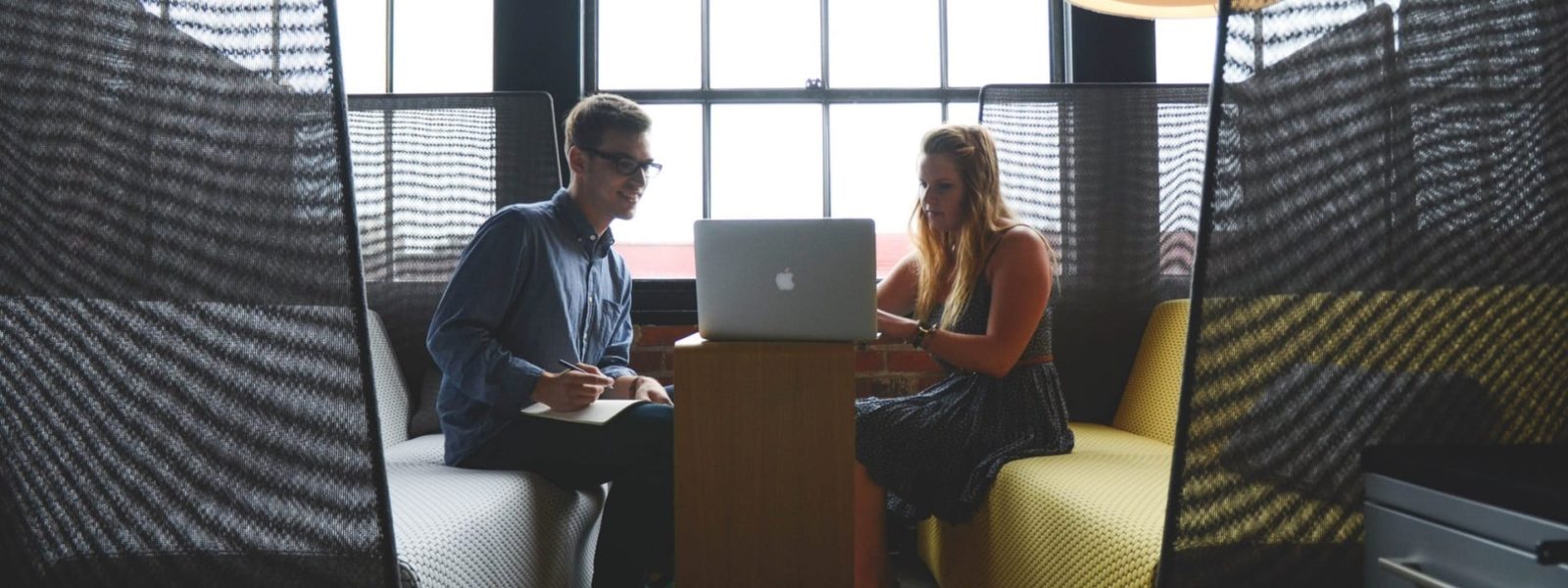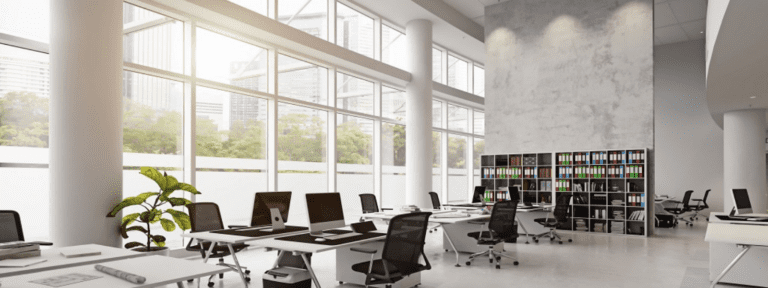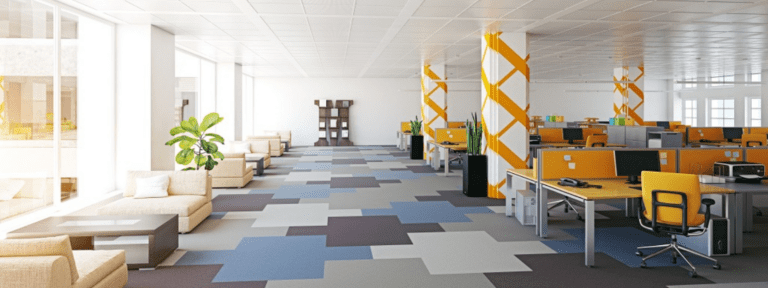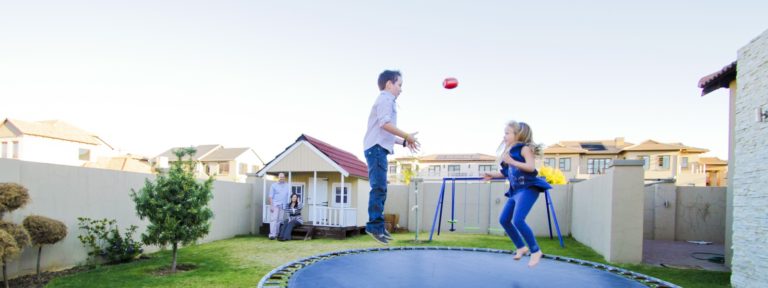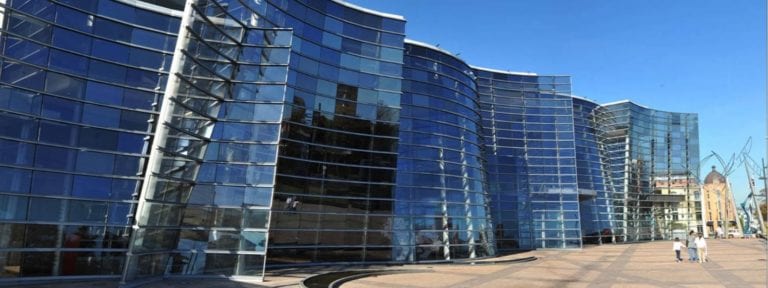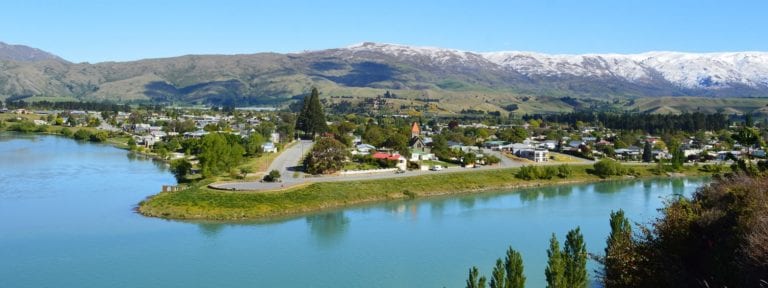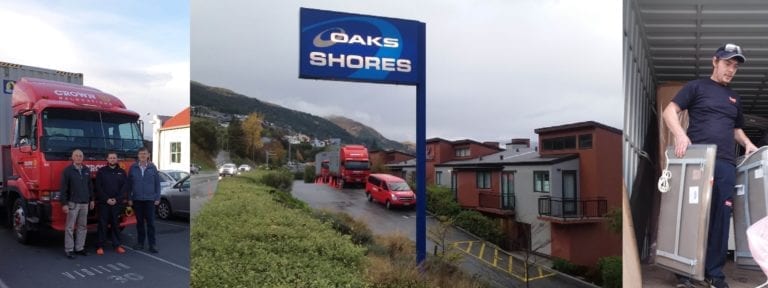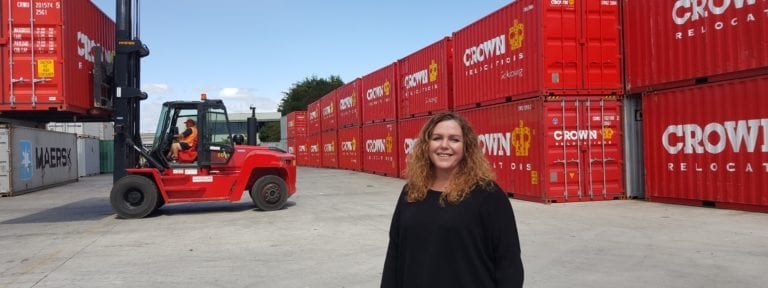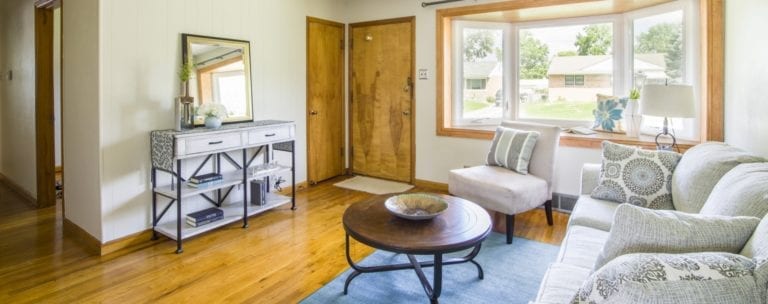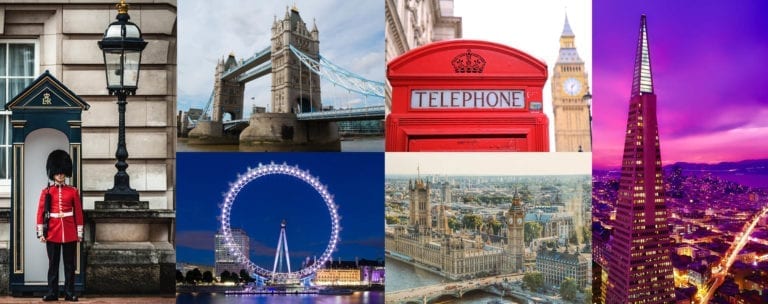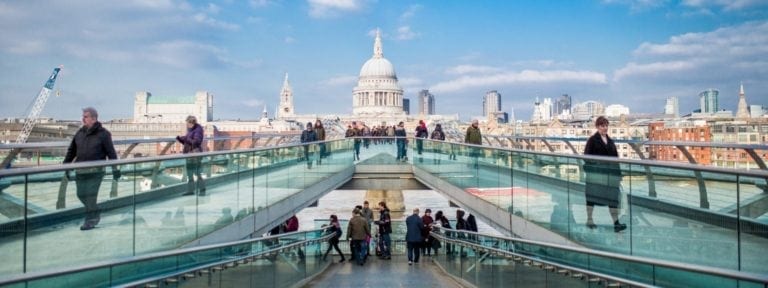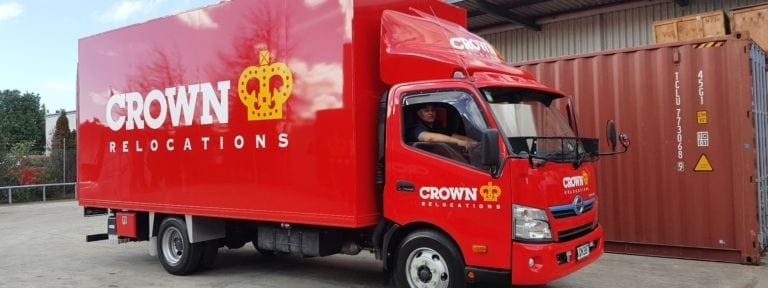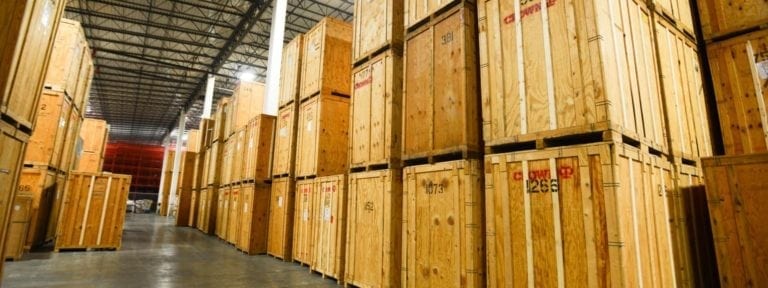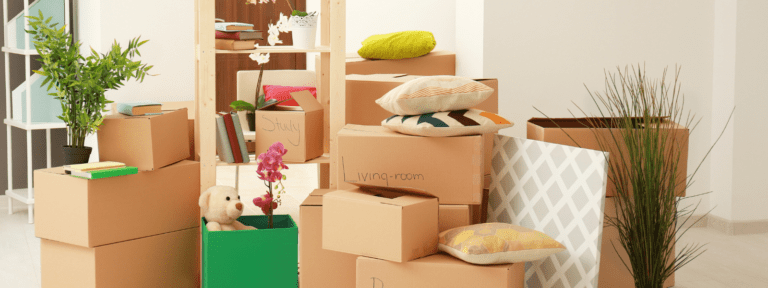When you think ‘office spaces’ the traditional view of a corporate workplace involves everyone sitting in their offices or cordoned-off booths, dressed in their corporate uniform.These days in our bigger cities and businesses you’d be hard-pressed to find a traditional corporate workspace. New company leadership models, structures, rightsizing, space utilisation, and modern technology have combined to create the open-plan workspace.
Corporate Workspace Trends
Nowadays the CEO and senior management team are likely to be sitting in ‘open plan’ environment, right in amongst their team leaders and staff. It’s all about open-plan with many of New Zealand’s largest companies taking this further by introducing hot desking. For example, in March 2016 Fonterra opened their brand-new multi-million dollar ‘activity-based working centre’ in downtown Auckland — and almost no one has their own desk. All staff members have access to all six floors and every morning employees will find a spot to hot-desk at for the day.
On the other side of the Auckland harbour bridge is Vodafone. Open plan office spaces, collaborative areas, libraries, private spaces, dedicated project areas and large communal spaces bring people together in a way that works for them. Collaboration supported by technology is a major focus. Despite being at work, recreation plays a big part of the work experience too, with an onsite gym, climbing wall, table tennis, gaming and electric bikes that make getting around wider Takapuna easier.
Of course it’s pointless having a modern workspace if the staff aren’t happy. Hot desking, for example doesn’t work if everyone arrives and go home at the same time. The key to getting the best out of the workspace is to take a holistic view of the environment and ensure there is a diverse, flexible and inclusive framework that enables individuals to do the best work of their lives.
A dynamic work environment is essential to attract talent as today’s workers don’t just think about money and career development, they want flexibility and sociability in their work environment. Productivity targets and KPI targets are better achieved when staff are happy and work in a way that suits them. They are more likely to work better and harder than if they were in a more relaxed and less structured work environment.
As with anything work-related, there are always some issues that can arise with modern work spaces. Hot desking and not having your own space can be annoying for some staff members. In many cases there can be more staff than desks available which may result in some employees having to work in the café downstairs or heading home to work.
Small Business Workspace Trends
For small businesses the development of ‘co working’ can replace the home office as an attractive, dynamic and cost effective option. The idea is to use an office space to bring together a number of self -employed individuals and small teams. They work in an environment where they can share equipment, ideas and knowledge while retaining their independence and individuality. For example, if there is a human resource professional in the workspace they can provide their neighbours with informal advice and have that level of support reciprocated.
Cost savings are the most obvious benefits to co-working. A resident’s rent usually includes access to everything they would experience in a big business, except as a small business they can share the cost. We’re talking shared rent, internet, receptionist staff, coffee and even Friday night drinks.
The B:HIVE on Auckland’s North Shore was New Zealand’s first purpose-built co-working building. It features a state of the art internal fit-out that provides dedicated desks and movable office spaces for 1,100 people. Pods of desks are filled with freelancers and start-ups while offices have flexible walls that can expand as the businesses expand.
If you are searching for options for shared spaces to collaborate with your small teams, Top Reviews have compiled a list of the best co-working spaces in Auckland and Wellington.
Co-working doesn’t always revolve around a dedicated building though. Sometimes companies that have a spare room or floor advertise their space on the likes of Sharedspace.co.nz in order to offer freelancers and small businesses a workspace and facilities while benefitting from a little extra income.
It’s not just the big cities that dominate the co working culture. Small towns are getting in on the action too, including the likes of Westport. Epic Westport reside in an old industrial building that has been converted into a modern workspace. It’s now ‘home’ to about eight regulars and an additional eight who pop in and out when it suits them.
Thinking of moving your workspace?
If you are thinking of relocating your workplace to a new location or co-working we invite you to talk to our friendly Crown Workspace team today, we can even help you source second hand furniture, IT equipment and do you next office fit out. Call us on: 0508 227 696 or email: [email protected]

